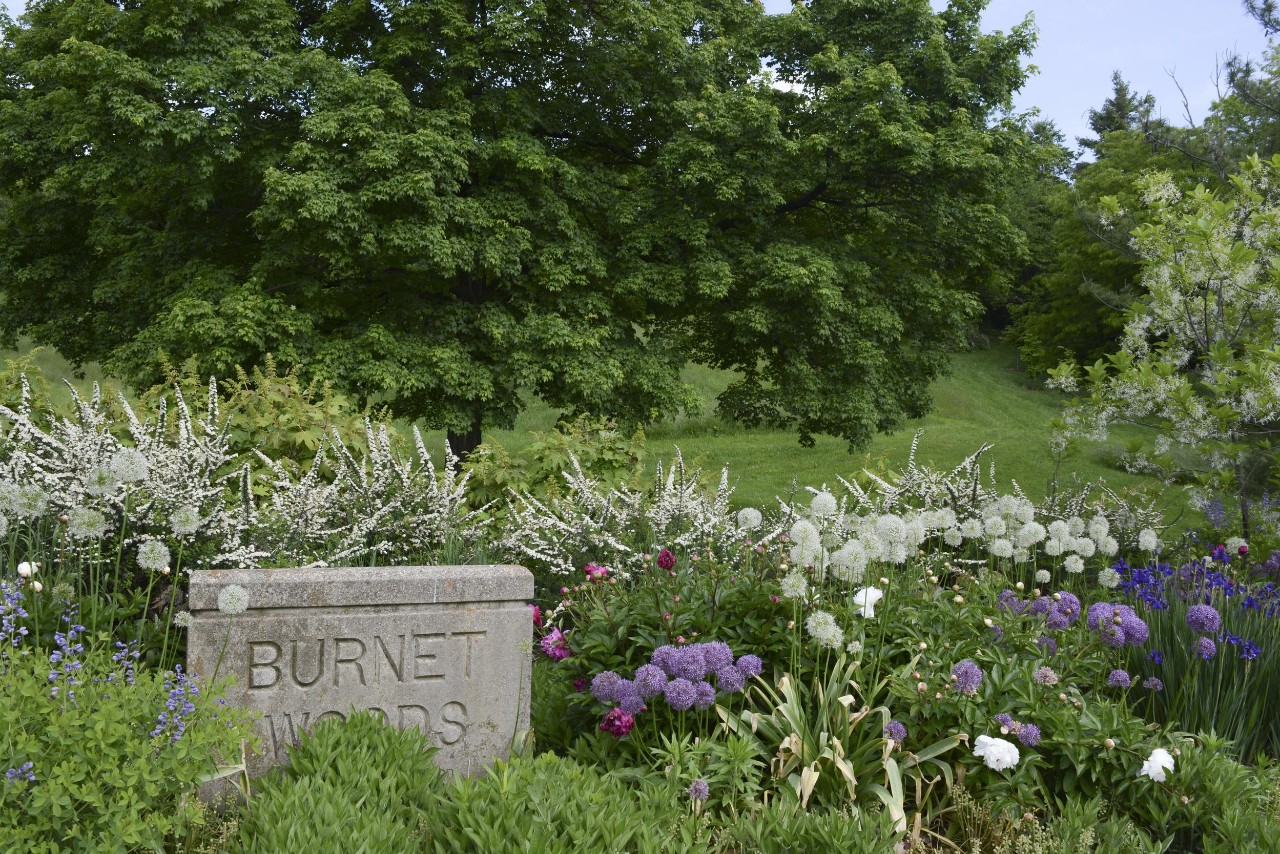
UC study examines high levels of bacteria at Burnet Woods
UC tests find that sewer overflows create spikes in E. coli that are dangerous to human health
WLWT highlighted a University of Cincinnati study that examined potentially dangerous bacteria from overflowing sewers at a Cincinnati park.
UC College of Arts and Sciences Associate Professor Bob Hyland said that combined sewer systems such as the one at Burnet Woods collect both stormwater and sewage. But when heavy rains fall, the sewers can overflow and spill onto surrounding low areas of the park near a picnic site and swingset.
Earlier this year, WCPO talked to Hyland and his students about their project that found alarming levels of bacteria in the soil around combined sewer overflows at Burnet Woods after a heavy rain.

Bob Hyland. Photo/Provided
UC students discovered that eight hours after a rainstorm in April, the soil around the sewers at the park contained extremely high levels of E. coli, a bacteria that can make people who come in contact with it sick.
Hyland and his students recommended more study of the problem at Burnet Woods and other Cincinnati Parks with combined sewer overflows to understand the scope and severity of the health risks. They also warned against adding more impermeable surfaces that drain rainwater into the combined sewer system.
“The biggest concern I have is that the public doesn't know,“ Hyland told WCPO.
“It's kind of gross, because you know it's in the water,“ UC student Rylee Jennings told WCPO.
The Metropolitan Sewer District told WCPO it was working to address the issue and has sensors in place to alert the agency and the city to close affected areas in the park after heavy rains.
Featured image at top: UC students studied combined sewer overflows at Burnet Woods near UC's Uptown Campus. Photo/Lisa Britton/UC
Related Stories
WVXU: UC experts discuss P&G's new green policies
September 23, 2021
UC environmental studies professors Amy Townsend-Small and Robert Hyland talk to WVXU about Procter & Gamble Co.'s new policies designed to reduce the company's carbon footprint.
Can regenerative farming help reduce greenhouse gas emissions?
September 27, 2024
UC Adjunct Professor Teri Jacobs tells WVXU that farming practices such as no-till planting, cover crops and rotating crops help protect soil and prevent carbon from being released into the atmosphere.
Regional media: UC expert talks about abandoned wells
September 15, 2022
UC College of Arts and Sciences associate professor Amy Townsend-Small talks to the WFMP program Sustainability Now! and WOSU's the Ohio Statehouse about Kentucky's leaking oil and gas wells and a new federal initiative to cap them.
